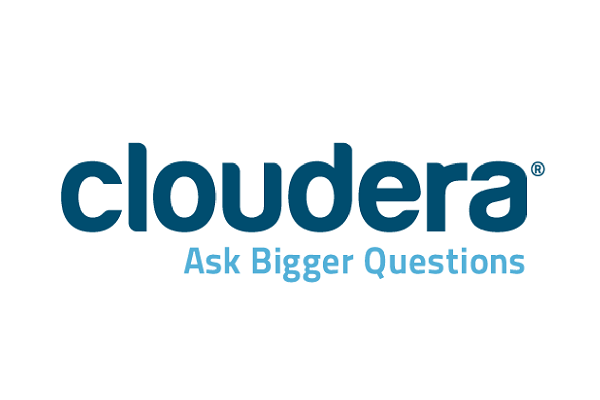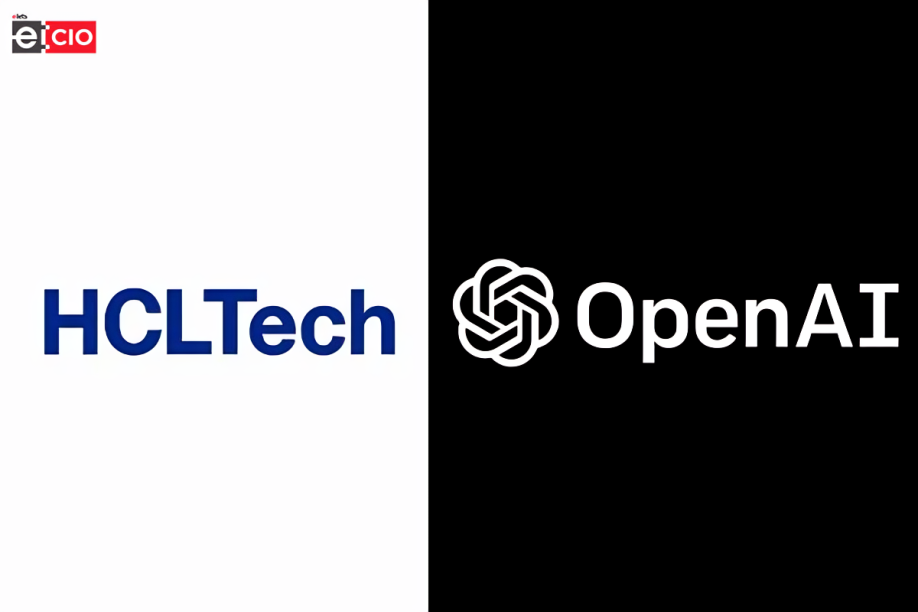
Cloudera, Inc. has announced the findings of a global research report, created in association with Harvard Business Review Analytic Services, examining the trends, pain points, and opportunities surrounding Enterprise IT challenges in data analytics and management in a multicloud environment.
The report, “Critical Success Factors to Achieve a Better Enterprise Data Strategy in Multicloud Environment,” is based on insights from over 150 global business executives representing a wide range of industries, with almost half being organizations with $1 billion or more in revenue. The study found that the majority (69%) of organizations recognize a comprehensive data strategy as a requirement for meeting business objectives, but only 35% believe that their current analytics and data management capabilities are sufficient in doing so.

“This report reveals specific obstacles modern enterprises must overcome to realize the true potential of their data and validates the need for a new approach to enterprise data strategy,” said Arun Murthy, Chief Product Officer of Cloudera. “Cloudera is committed to helping our customers with the data analytics their people need to quickly and easily derive insights from data anywhere their business operates, with built-in enterprise security and governance and powered by the innovation of 100% open source. We call that an enterprise data cloud.”

The future is hybrid and multicloud

The report confirms that the future of analytics and Enterprise IT data management is multicloud, with businesses managing data across private, hybrid and public cloud environments — but there is still progress to be made. Over half (54%) of the organizations surveyed have plans to increase the amount of data they store in the public cloud over the next year, but the majority still manage much of their data on-premises. As enterprises create cloud strategies that are customized to their needs, the ability to securely access data no matter where it resides and to seamlessly migrate workloads has never been more imperative.
Functions are diversifying
Most organizations are leveraging their data to support traditional functions like business intelligence (80%) and data warehousing (70%). Newer functions are less common but on the rise, with half of the organizations surveyed planning to implement artificial intelligence and machine learning in the next three years. To fully extract the business value embedded in data, an enterprise data strategy must support a full buffet of functions, from real-time analytics at the Edge to artificial intelligence.
Be a part of Elets Collaborative Initiatives. Join Us for Upcoming Events and explore business opportunities. Like us on Facebook , connect with us on LinkedIn and follow us on Twitter.
"Exciting news! Elets technomedia is now on WhatsApp Channels Subscribe today by clicking the link and stay updated with the latest insights!" Click here!











